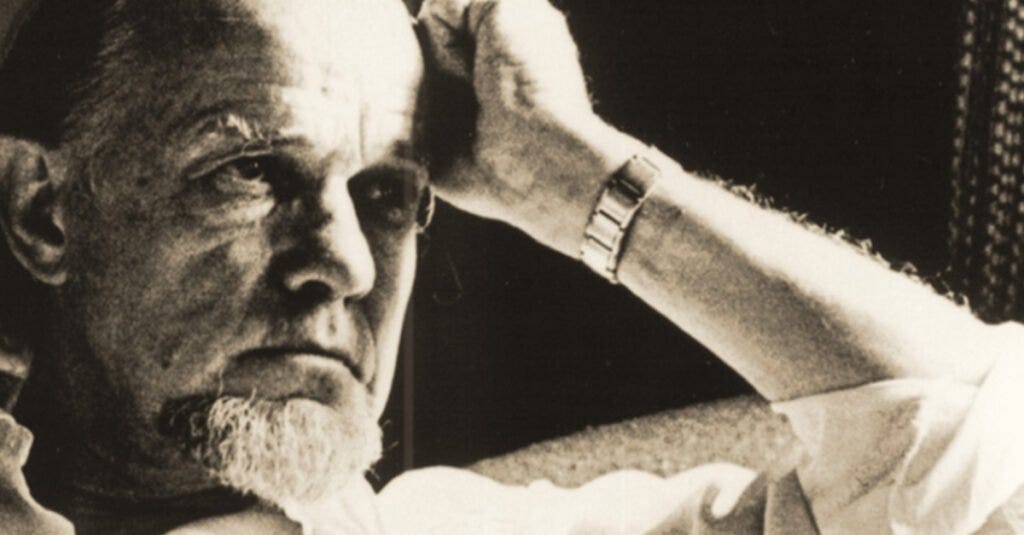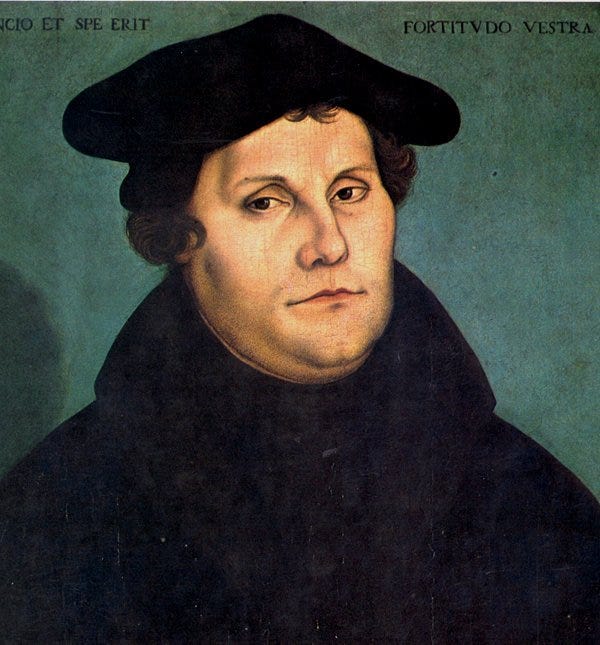
When was the last time you felt truly creative? I’m not talking about arts and crafts here… I mean you were innovative, imaginative, fully alive in your ability to make something new. Create something you are proud of!
Chances are, it’s been a while.
Most of us don’t think of ourselves as “creative people.” That title, we assume, belongs to artists, musicians, designers, or the occasional eccentric genius with a paint-splattered apron. But what if creativity wasn’t a luxury for a few, but a calling for everyone?
When We Unlearn Wonder
Back in 1958, a researcher named George Land conducted a creativity test for NASA. His goal was to measure the innovative potential of rocket scientists and engineers. But midway through the study, a question sparked his curiosity: What if we did the same study with kids?
So, he did. Over 12 years, Land tested 1,600 children at various ages. The results were astonishing:
At age 4-5, 98% of children scored at a level considered “creative genius.”
At age 10, that number dropped to 30%.
By age 15, it fell to 12%.
And by adulthood, only 2% scored that high.
His conclusion? We don’t lose creativity, we unlearn it.
Somewhere along the way, wonder gives way to worry. Imagination is replaced with imitation. Instead of creating new paths, we conform to old ones.
But what if God never intended for us to lose that spark?
If creativity fades as we grow, the solution isn’t just to reclaim our imagination, it’s to return to its source. According to Scripture, creativity isn’t a random human trait or a specific personality type. It’s rooted in the very nature of God. In fact, the story of the Bible doesn’t begin with a command or a law, it begins with an explosion of creativity!
1. Creativity Originates with God
The Bible opens with the words, “In the beginning, God created the heavens and the earth” (Genesis 1:1, ESV). The very first verb in Scripture is “create”, in Hebrew, bara, a word used exclusively for God’s creative acts, meaning to create out of nothing (Ex Nihilo), as Augustine described it.
God’s act of creation reveals His nature: sovereign, self-sufficient, powerful, and purposeful. As Romans 1:20 (NLT) explains, “For ever since the world was created, people have seen the earth and sky. Through everything God made, they can clearly see his invisible qualities—his eternal power and divine nature.” The intricate design of the universe reflects the wisdom, power and nature of the Creator.
But creation isn’t just something God did, it’s woven throughout the Bible. He chose to reveal Himself through creative writing (33% of the Bible is poetry!). When He instructed Moses to build the tabernacle, God provided detailed designs and appointed artisans like Bezalel to carry out the work with skill and beauty. Even Jesus, before beginning His ministry, worked as a carpenter, a creative profession that reflected His creative nature.
2. Creativity Reflects God
God’s crowning creation was humanity. Genesis 1:27 (ESV) tells us, “So God created man in His own image, in the image of God He created him.” Being made in the image of God means we carry His creative DNA.
Watch any child play with crayons or blocks, and you’ll see this instinct in action. My own two-year-old daughter, draws on anything she can find! That urge to create is deeply embedded in us from the start.
Adam wasn’t placed in the Garden of Eden just to sit back and relax. He was tasked with naming animals, tending the garden, and stewarding creation. Francis Schaeffer, 20th century theologian known for his work on the intersection of faith, philosophy and the arts, put it well:
Man, made in the image of God, was made to be creative. We must revolt against the idea that art is only something added or extra to life… Christian art is the expression of the whole man, for the whole mad is made in the image of God. A Christian should not be threatened by the arts, but should engage them with integrity.
Whether you’re preparing a meal, setting a table, designing a system at work, tend to your garden, solve problems in a creative way, or telling stories to your kids, you are participating in divine creativity. Every act of creative expression, no matter how ordinary, is an opportunity to reflect the Creator.
3. Creativity is an Act of Worship
Ephesians 2:10 (ESV) says, “For we are his workmanship, created in Christ Jesus for good works, which God prepared beforehand, that we should walk in them.” The word for “workmanship” is poiema, from which we get “poem.” In other words, you are God’s living poem.
As authors Terry and Lister put it in their book “Images & Idols”:
In a very real way, then, we are Christ’s physical poems. We are the living words of the living Word written into the drama of the divine author
Your creativity is God’s gift to you, and your use of it is your gift back to Him. Think of Bezalel and Oholiab in Exodus 35. God filled them with the Spirit and gave them the wisdom and skill to create everything from garments to temple furnishings. And not only did they create, but they also taught others.
Or look at Psalm 150, full of rich poetic expression, exemplifies how creativity can lead to deeper worship and connection with God. Psalm 150 overflows with artistic praise: “Praise Him with trumpet sound… with lute and harp… with tambourine and dance!” (ESV). Creativity was always meant to glorify God.
However, that doesn’t mean that creativity belongs only within church walls. As Martin Luther once said:
The Christian shoemaker does his duty not by putting little crosses on the shoes, but by making good shoes, because God is interested in good craftsmanship. Whether you’re a farmer, teacher, parent, or builder, your faithful, excellent work honors God.
4. Creativity Requires Excellence
God didn’t just create, He created with excellence. “God saw everything that He had made, and behold, it was very good.” (Genesis 1:31, ESV). Seven times, God evaluates His creation as “good.” Colossians 3:23 (NIV) echoes this standard, “In all the work you are doing, work the best you can. Work as if you were doing it for the Lord, not for people.” Our creativity should reflect the excellence of the God we serve.
But excellence isn’t the same as perfection. Paul reminds us in Philippians 3:12 (ESV), “Not that I have already obtained this or am already perfect, but I press on….” Pastor Craig Groeschel once said,
The pursuit of excellence will consistently motivate you, but the pursuit of perfection will eventually limit you.
Perfectionism paralyzes. Excellence moves you forward. You don’t need to be the best, you need to be your best. And the good news? God equips you for that. Hebrews 13:20-21 assures us that God “equips you with everything good that you may do His will.”
5. Jesus is the Ultimate Creator and Restorer
From the very beginning, Jesus was the ultimate creator, shaping the world with excellence, giving life to all creation. “In the beginning the Word already existed. The Word was with God, and the Word was God. He existed in the beginning with God. God created everything through Him” (John 1:1-3, NLT).
But sin broke creation. That’s why Jesus came, not only as Creator, but as Restorer. Through His death and resurrection, He offers new creation to anyone who believes. “If anyone is in Christ, he is a new creation” (2 Corinthians 5:178, ESV). Jesus wants to create something new in you.
Maybe you’re tired. Maybe you’ve tried to create a life, a career, a purpose, only to come up short. Jesus, the creative agent of the universe wants to create a new life in you.
Final Thoughts
Creativity isn’t optional, it’s essential. It flows from the character of God, reflects His image in us, and becomes worship when we use it for His glory and the good of others. Whether you’re in a studio, an office, a kitchen, or a classroom, your creative work matters.
So, dream, build, write, garden, cook, lead, sing, parent, solve and serve, not just for the sake of creating, but because you were created to create. And in doing so, you mirror your Creator.





